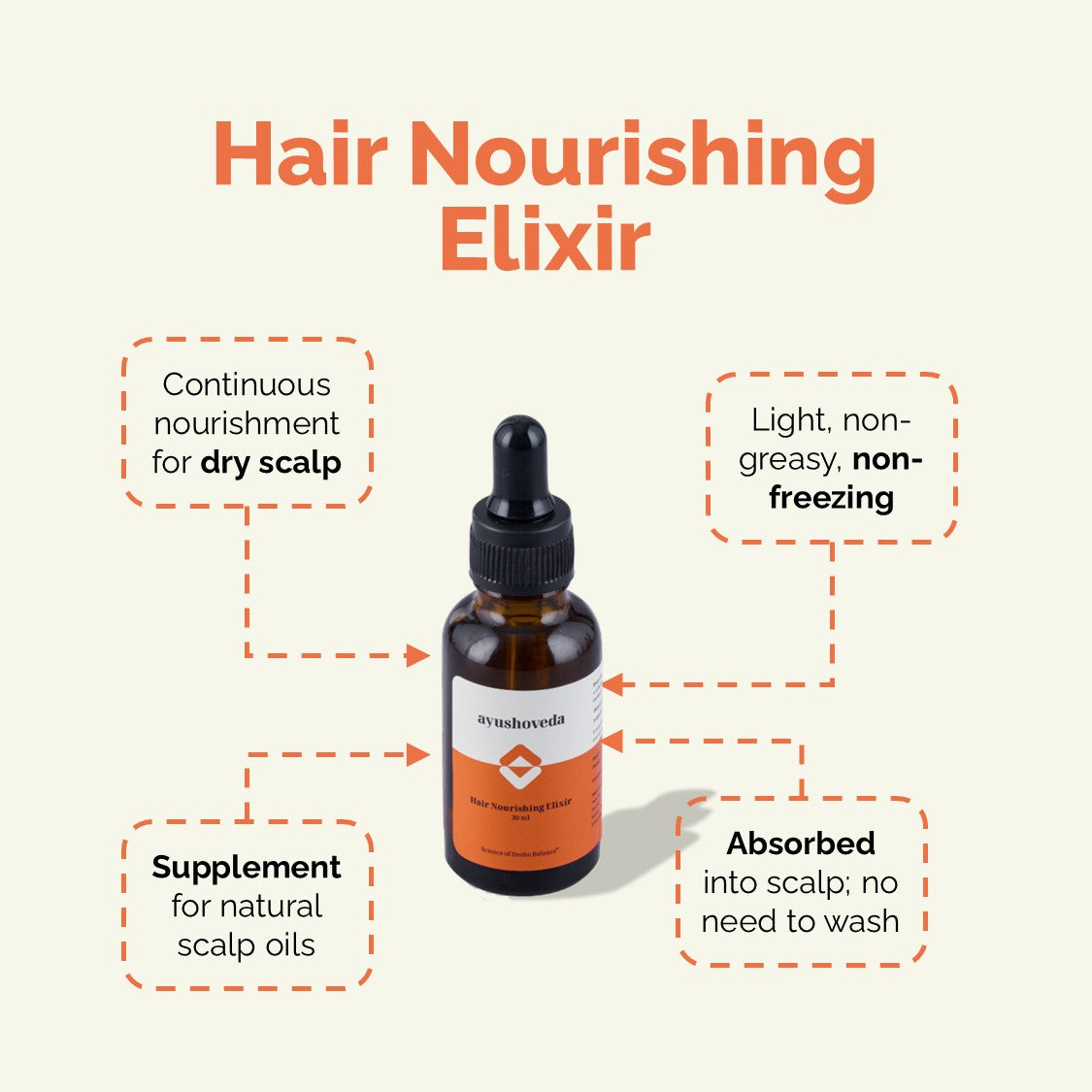Every morning, we apply products to our skin and hair without considering what's inside them. While these chemicals pose risks to everyone, pregnant women and children are particularly vulnerable. The David Suzuki Foundation's well-known "Dirty Dozen Cosmetic Chemicals to Avoid" list reveals why switching to natural alternatives is a must for everyone, but also especially crucial for children and pregnant women.
A few of the harmful chemicals
Sulfates like SLS and SLES not only strip away protective oils but can be contaminated with 1,4-dioxane, a possible carcinogen. For children's sensitive skin, this aggressive cleansing can lead to irritation, eczema, and other skin conditions. Even more alarming, some of these chemicals accumulate in the body over time, with unknown long-term effects.
Synthetic fragrances, listed simply as "parfum" or "fragrance," may contain dozens of undisclosed chemicals including phthalates, known hormone disruptors. For pregnant women, phthalate exposure has been linked to potential reproductive issues in male fetuses. In children, these fragrances are common triggers for asthma and allergies.
PEG compounds function as penetration enhancers, allowing other harmful chemicals to penetrate deeper into the skin. For developing bodies, this increased absorption can amplify the negative effects of any toxic ingredients present in the product.
Parabens, used as preservatives in countless products, mimic estrogen and can potentially disrupt hormonal systems. This is particularly concerning for pregnant women during crucial developmental windows when even slight hormonal imbalances can have lasting effects.
Impact on children
Children's developing bodies are more susceptible to chemical exposure for several reasons. Their skin is thinner and more permeable, allowing greater absorption of harmful ingredients. Their smaller size means they receive a proportionally higher dose of any chemical they encounter. Studies have found links between early exposure to certain cosmetic chemicals and developmental issues, asthma, and allergic reactions.
Natural products are the answer
The solution lies in natural ingredients that work with our bodies rather than against them. Natural alternatives like plant-based cleansers, essential oils for fragrance, and herbal extracts provide effective care without the risks. They're biodegradable, non-toxic, and often provide additional benefits like nourishment and protection.
Choosing natural cosmetics isn't just a personal preference – it's a health decision that protects the most vulnerable members of our families. When we opt for transparent, natural formulations, we're not only safeguarding our immediate health but also preventing long-term consequences that could affect future generations.











